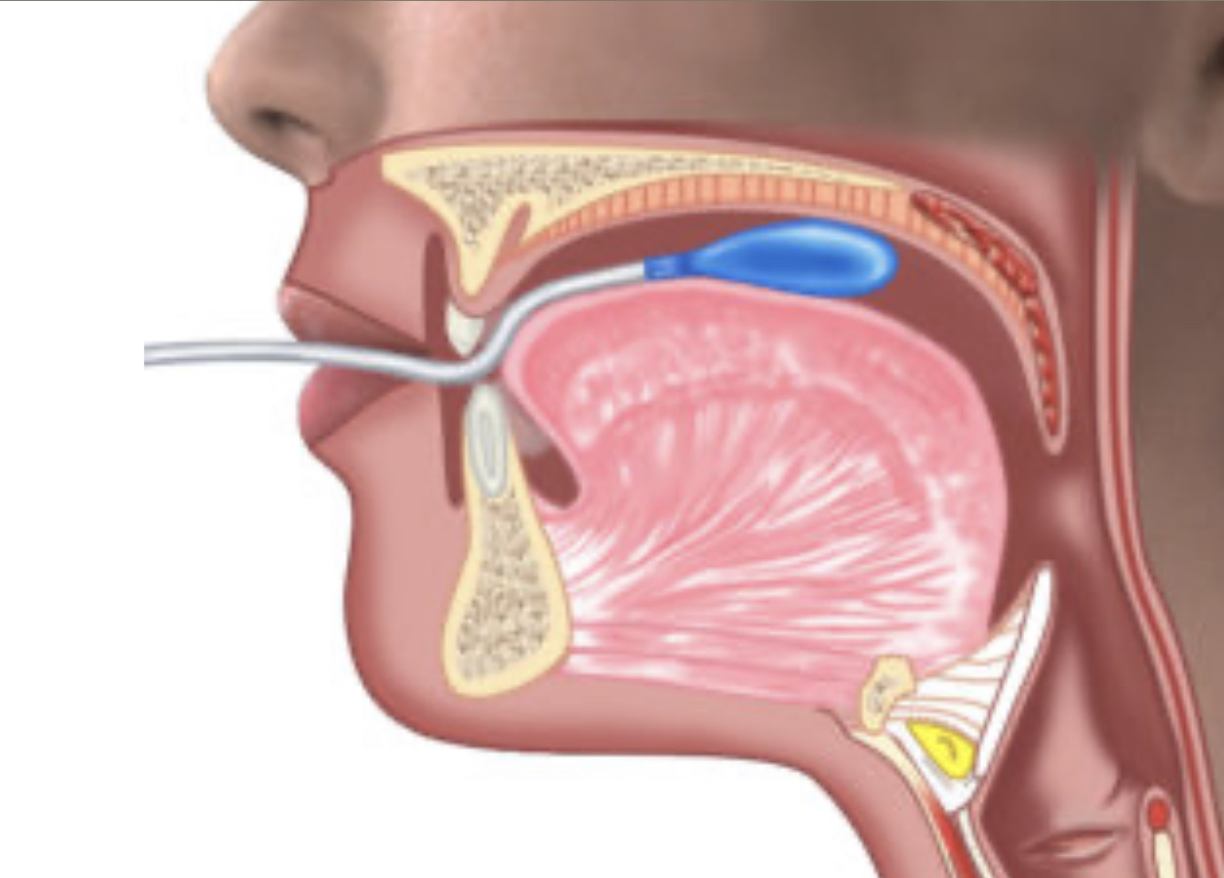Is tongue the strongest muscle in the body?
The tongue is a playful and essential part of the oral cavity. It plays a vital role during mastication. It can suck, it can curl, it can twist, it can bend and still do so many types of movement without fatigue. It also aids in propelling food into the oesophagus to initiate peristalsis. Many of us grew up knowing that the tongue is the strongest muscle in the body. It stirs a lot of controversies among medical and dental practitioners. But, is tongue really the strongest muscle in the body?
The shocking truth is NO. Many people continue to believe that the tongue is still the hardest working muscle in the body, but it’s just a perception that other people project because let’s face it it’s weird and a unique muscle on its own.
There are over 640 muscles in the human body and is divided into three main types: skeletal, cardiac and smooth muscles. Skeletal muscle is one of the three major muscle types that can be actively and voluntarily controlled. It is a form of striated muscle tissue, which is under the voluntary control of the somatic nervous system. The gluteus maximus is an example of a skeletal muscle. It is the largest muscle in the body, large and powerful enough to keep the trunk of the body in an erect position.
Muscles work by pulling against the force. Common daily activities like walking, running and jumping creates a muscular pull from the quadriceps on the front of the thigh and the calf muscle in the leg allowing forward movement.
The jaw, in contrast, has a short lever that also creates a pull of force when we open and close our mouth.
Oral musculature has a total of five muscles. Obicularis oris is the muscle that immediately surrounds the mouth.
The next four major muscles are responsible for mastication: the masseter, temporalis, medial pterygoid and lateral pterygoid, and are collectively known as the jaw muscles. These muscles move your jaw up and down to support you in the chewing, grinding and speaking action.
The tongue is defined as a muscular organ in the mouth that enables taste sensation, chewing, swallowing and speaking. Most of the oral cavity functions are related to the tongue and it is known to be the central part in the oral cavity. The ability of the tongue to perform several movements is determined by the tongue muscles. The tongue has extrinsic muscles located outside of the tongue and only attaches to specific regions, intrinsic muscles, on the other hand, are muscles that make up the inside of the tongue.
Unlike other skeletal muscles, the tongue is not attached to any bone. Because it is purely muscular, it boasts flexibility while resisting fatigue and preserving volume. The supple broad muscle at the centre of the mouth known as the tongue is an assortment of eight different muscles known as the muscular hydrostat. A muscular hydrostat is a biological structure most commonly found in animals ( squid’s tentacles and elephant’s trunk) which can manipulate or move mainly with no skeletal support, just muscles.
According to the Myofunctional Research Company who founded and pioneered the Myobrace system, “ the tongue can exert a force of 500 grams, while only 1.7 grams of pressure is needed to move teeth”. Does this mean that the tongue is indeed the strongest muscle in the body? There are many ways to measure strength, one is by brute force, which means that the bigger the mass the higher the force of gravity. In addition, was the Iowa oral
performance instrument (IOPI) is used by scientists to objectively measure the tongue’s strength and endurance. It utilizes the use of a standard-sized-air-filled bulb by pressing the bulb against the roof of the mouth with the tongue. It measures the maximal pressure the tongue can exert and is measured in kiloPascals (kPa).
But, muscle size and physical force are not everything. Or maybe it’s not about forces at all, but the overall work was done over time. This criterion would mean that the hardest working muscle in the body is one that works tirelessly 24/7 pumping blood to keep the continuous blood flow into other parts of the body: the heart.
The tongue may not be as strong as the heart or the glutes, but strengthening it might be beneficial. Strengthening therapy can improve swallowing problem in patients who had spinal cord injury and speech problem in patients who had a stroke. Some people suspect that it can potentially improve sleep disorder breathing (SDB). However, these assumptions need more clinical study and trial.
